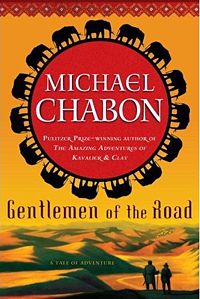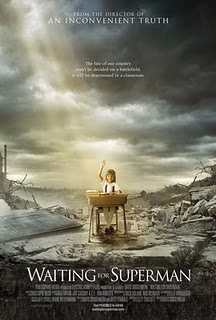This afternoon, I'm giving a lecture at the National World War I Museum as part of an interdisciplinary class on the Great War. Coming at the end of the semester, my lecture deals with the cultural impact of the war, specifically on music, while another professor is speaking of its legacy in drama and poetry.
To prepare for the lecture, I began gathering recordings. As far as I know, none of the students (who range in age from typical college-age to retired and interested in WWI) are musicians so I'm assuming no musical training on their part. That means I need many recordings to illustrate what I mean; no shortcut to understanding as with my normal students. And since we are at the museum, we were encouraged to use artifacts from the period, either in the museum's holdings or in other area libraries. What better artifact than recordings of songs and bands from the era? Talking about the type of jazz that went over to Europe with American troops is one thing, playing them a recording from 1919 makes it come alive in a new way.
There's only one problem. Most of those recordings are on vinyl. The brand new, state-of-the-art museum's education room has all manner of digital toys, but not a record player to be seen. I could have taken my own, but I'm not even sure they have the set-up to plug in my player. More likely than not, the CD player I've been promised is part of a computer system.
The knowledge that so much of our recorded history is disappearing has long been at the edge of my consciousness - after all, so many of the works I want to play my Music Since 1945 class exist only on vinyl - but I hadn't realized what an obsolete skill even using a record player had become. Most of my undergraduates have no idea how to operate the turntable in my classroom. Many have never even heard a record. The CD was introduced in 1982 and successful sales of CDs were begun in 1985. My undergraduates were born in 1988.
This sobering thought (at least for me; many could care less), led me to a wonderful new website that I cannot stop exploring called, fittingly, Obsolete Skills. It collects and catalogs all those skills once necessary for contemporary life but now left behind as technology marches on. Skills like knowing to blow the dust out of your Nintendo cartridge before putting it in the player, formating a floppy drive, making a mix tape for that special someone, filling a fountain pen, and memorizing telephone numbers. Some of the list is silly, some bizarre, but all of it thought provoking. Any obsolete skills of your own?
Self-doubt in the tech industry
2 years ago




7 comments:
What is this "filling a fountain pen is an obsolete skill" business? Doing that and, even more, finding a source of ink to use, is a currently viable skill!
Pop
I actually find all of these to be still useful skills! Well, maybe not the Nintendo, but I do blow off CDs all the time. Old habits die hard.
That site mentions using a card catalog at the library, but my students are already rapidly losing (or never gaining) the ability to find and use sources of information that you can't directly access at a computer terminal.
I suppose I should note that some former obsolete skills occasionally come back into regular, if not significantly broad throughout all of society, use, like brewing one's own beer.
True that some skills are kept alive by a few (like the fountain pen that I still use and regularly refill). And you are right about the skill of finding information that is not available through a computer. *sigh*
It's brainy music at this time wow, it's amazing.
I have vinyls at www.musicobsession.com please visit my rare vinyl collections.
Post a Comment